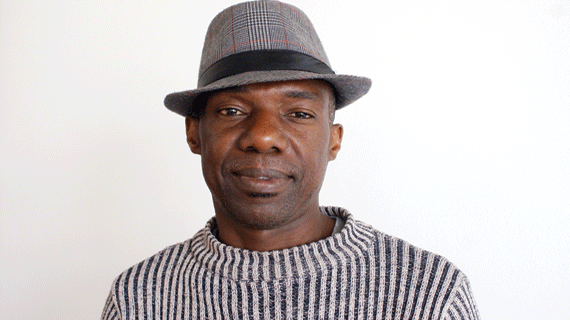
I HAD an interesting discussion with colleague Dumisani Muleya, editor of the Zimbabwe Independent the other day. Those who know Dumi will attest to the fact that he is a gold mine of information.
He is a walking encyclopaedia on just about any subject.
The subject was about de-industrialisation of Bulawayo and prospects of recovery.
He immediately proffered a thought-provoking thesis. He said we had to accept the fact that the strength of Bulawayo as an industrial hub lay in its being the nexus of the railway line from the south going to the north.
Added to this was the establishment of Zimbabwe Iron and Steel Company (Zisco) and the demand for coal from Hwange which in turn led to growth of a heavy engineering manufacturing sector and downstream industries.
The shutdown of Zisco had a domino effect that swept the National Railways of Zimbabwe, Hwange Colliery and the engineering firms with it and downstream industries were suffocated.
The element of gross mismanagement should not be left out of-course. Other issues include deliberate relocation by certain entities and the perennial shortage of water.
We are not implying that the revival of Zisco by new investors Essar would automatically lead to the reawakening of a dying giant.
- Chamisa under fire over US$120K donation
- Mavhunga puts DeMbare into Chibuku quarterfinals
- Pension funds bet on Cabora Bassa oilfields
- Councils defy govt fire tender directive
Keep Reading
There are many factors that are at play and I won’t pretend we don’t know all of them.
The first is the elephant in the room called political will. There has been so much talk, promises and obviously lies have dominated the landscape. Bulawayo and the region have been pawns in a big political game for as long as we can remember.
The Confederation of Zimbabwe Industries held an annual congress last year under the theme “Imperatives for reversing de industrialisation.” More talk and little action.
In terms of “deliverables” nothing much has been done. Bulawayo’s water woes continue to dog industrial development as well the dearth of capital.
Added to this we have liquidity challenges, antiquated equipment and power supply shortages.
The $40 million Distressed Industries Marginalised Areas Fund seems to have benefited a few companies whose identities remain a secret casting doubt in the minds of those who were hopeful the fund would make a visible difference.
However, in the absence of positive action to tackle the problems, politicians urge everyone not to politicise the issue.
That is what pisses people off. When politicians grope for excuses why they can’t deliver on their promises, they turn to the politicisation bogey to scare everyone off their backs.
When will we get things done to solve the problem?
We know that the whole country is facing a crisis, but the time it has taken for the authorities to make tangible moves towards putting their money where their mouths are is far too long.
The latest promises were made as early as January this year when the Industry and Commerce minister Mike Bimha said the government was committed under ZimAsset to resuscitate Bulawayo industries.
“Under the ZimAsset programme, the government is looking at a possibility of making Bulawayo a special economic zone,” Bimha said.
ZimAsset is bound to be another paper-tiger, with all the makings of a good document with good intentions, but little in the way of action. As long as the element of political will remains weak, as has happened in the past with the much touted economic blueprints, its contents, I’m afraid might come to nought.
Another point that Muleya made was the reality that trying to revive Bulawayo’s heavy industries is not the best option in this day and age. The days of smoking chimneys are long past and new technology demands a different kind of approach.
The small and medium enterprises hold new hope for economic revival in an economy which has the highest literacy rates in Africa.
The government can best play its role as facilitator to mobilise funds for incubators that will give rise to novel ways of doing business, creating capital and employment.
The creation of innovation hubs that target specific areas such as those of beneficiation and technology transfer can be infused into plans to establish special economic zones.
Areas of focus should be an improvement in the ease of establishing business. The long touted promise to establish a one-stop facility to attract investment should be translated into reality. More significantly is clarity in policy particularly with the indigenisation laws.
Other issues that come to mind are the implementation of devolution that would cut red tape and empower local communities in as far as decision making is concerned.
All this should be that guided by the principle that the job of government is not business but to make business work.
These and other issues will be subject of the latest in the AMH Conversations Unlocking Value Series on the theme “Getting Bulawayo to work again,” to be held at the Rainbow Hotel on Thursday 24 April from 8am to 10am.
The Industry and Commerce minister (Bimha) and Small and Medium Enterprises and Co-operative Development minister Sithembiso Nyoni will be part of the panel and I will be host.










